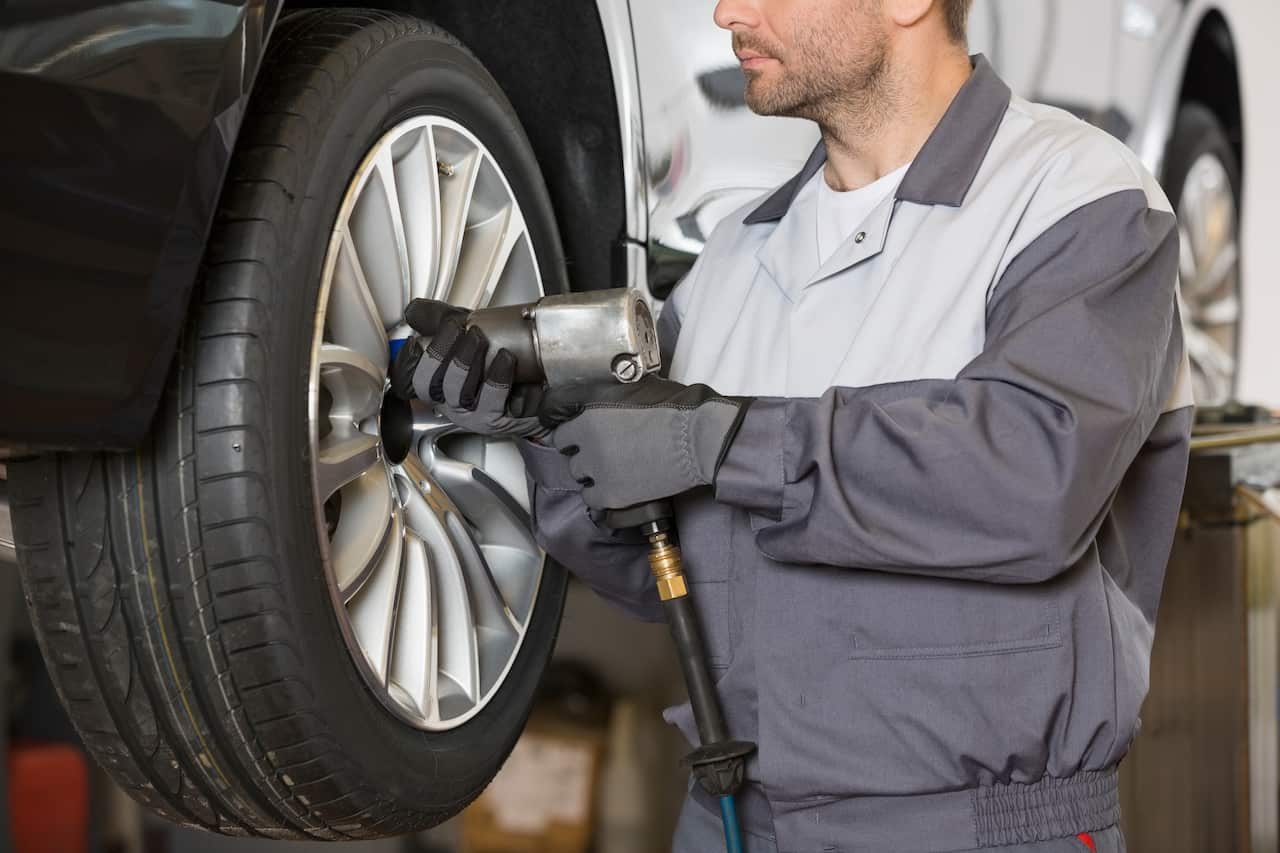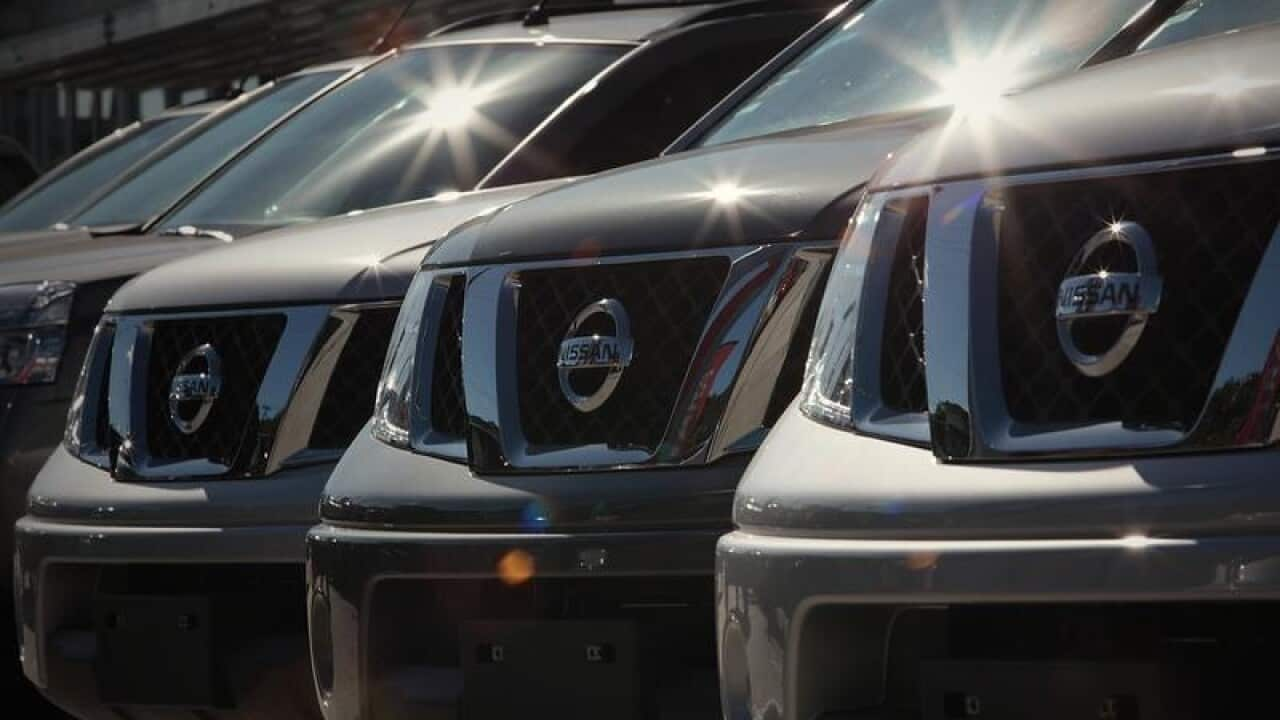"Lemon laws” for cars are back under the spotlight after the Queensland Government passed new legislation to crack down on the sale of defective vehicles.
The new legislation passed with bipartisan support, making it easier for customers who have bought dud cars to recoup their losses from dealers and manufacturers in the Queensland Civil and Administrative Tribunal.
The new laws lift the limit for claims at Queensland’s Civil and Administrative Tribunal from $25,000 to $100,000, covering the costs of new and used motor vehicles, motorhomes and caravans.
“For many Queenslanders, a new or second-hand motor vehicle is one of the biggest purchases they will make aside from buying a home,” Queensland Attorney-General Yvette D’Ath said in a statement.
“The last thing anybody expects when they get the keys to a new car, motorhome or caravan is to be stuck with a defective vehicle that frankly can only be described as a lemon.” The laws also reinstate statutory warranties for older second-hand cars, which means dealers must provide warranties for vehicles which have done more than 160,000 kilometres or are over ten years old.
The laws also reinstate statutory warranties for older second-hand cars, which means dealers must provide warranties for vehicles which have done more than 160,000 kilometres or are over ten years old.

Lemon Laws Advocate Connie Cicchini, Queensland Attorney General Yvette D'ath and Consumer advocate Stewart Lette after the 'Lemon Laws' bill passed. Source: Supplied
The term ‘lemon’ in motoring parlance describes a motor vehicle, generally new, which turns out to have several defects or reliability issues after it has been purchased.
The United States has variations of lemon laws in all fifty states, most of which allow consumers the option to refund a car purchase or ask for a new replacement vehicle from a dealer.
In Australia, motor vehicles come under the Australian Consumer Law which offers consumer guarantees for new and used cars bought in Australia.
It entitles consumers to a refund or replacement in this case of a ‘major failure’.
But consumer advocates believe those protections aren’t enough, and laws specifically targeting vehicle sales need to be put in place across the country.
“I know the government doesn’t like talking about lemon laws, but these laws work quite well in the US,” consumer advocate Stewart Lette said.
“There needs to be better clarification of the actual existing laws [in Australia] and better enforcement of those laws at a state government level.”
Mr Lette spent over eighteen months trying to secure remediations for his faulty vehicle from the dealer and manufacturer.
“I was a full-time carer for my wife and we had a problematic vehicle, and that caused stress not only for the family but my partner as well,” he said.
"Something needed to be done, because the way that customers were being dealt with, it was taking way too long to get a resolution."
When there's laws in place that are there to protect the consumer, those laws need to work.
Connie Cicchini, Founder of lobby group Lemon Laws 4 Aus said other states should follow Queensland’s lead in lifting tribunal limits and enforcing warranties for older cars.
“I’m surprised that the politicians in those states, knowing what’s going, haven’t picked up on this and wanted to improve the consumer protections in their states,” she said. But many automotive industry groups have been critical of proposals for ‘lemon laws’ at a state and federal level, arguing the current Australian Consumer Law protections are more than adequate for car buyers.
But many automotive industry groups have been critical of proposals for ‘lemon laws’ at a state and federal level, arguing the current Australian Consumer Law protections are more than adequate for car buyers.

Automotive industry groups say the current consumer law protections are adequate for new car buyers. Source: Moodboard
Geoff Gwilym, CEO of the Victorian Automobile Chamber of Commerce, said the motor industry is far from the worst offender when it comes to unreliable goods.
“For some reason, there is a view that because one or two cars in the market have been problematic, that we need duplicating legislation and what it will do, in actual fact, it will just send more car dealers to the wall,” he said.
“The last thing we need in any state, whether it be Queensland or Victoria or nationally, is another piece of legislation that allows the consumer to make a judgement call on whether that car is fit for purpose and then to bring that back and potentially demand either a new car or their money back.”
He said the new laws in Queensland unfairly target dealers and points to the issue of enforcing statutory warranties for vehicles over ten years old.
“The majority of cars in that range are sold by consumers [and they] don’t have to meet any of those consumer law guarantees, whatsoever,” he said.
“But a new car dealer or a second-hand car dealer has to meet a whole new test around the adequacy of that product, that doesn’t have to be met by the hundreds of thousands of consumers that sell their car to somebody up the road.”
Share


